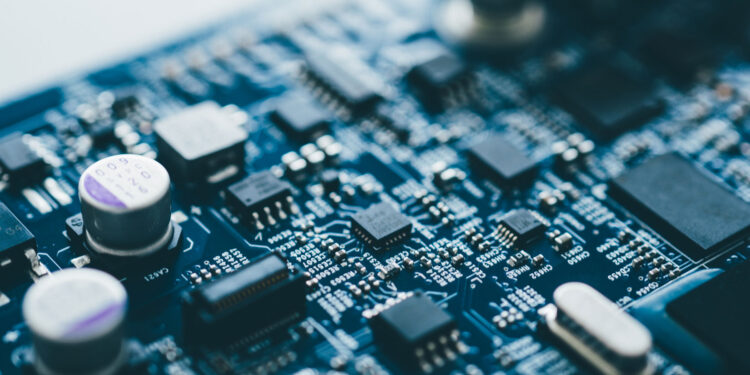Technology is always advancing, and computer hardware is no exception. The future of computer hardware is an exciting and ever-evolving landscape, with new innovations and trends constantly emerging. In this article, we will take a closer look at some of the emerging trends in computer hardware and how they are shaping the future of technology.
One of the most exciting developments in computer hardware is the rise of artificial intelligence (AI). AI has the potential to revolutionize the way we interact with our devices and make our lives easier and more efficient. From virtual assistants like Siri and Alexa to self-driving cars and smart home systems, AI is becoming increasingly integrated into our daily lives.
Another trend that is gaining momentum is the use of quantum computing. Quantum computers use quantum bits, or qubits, instead of traditional bits, which can process much more information at once. This allows for much faster and more efficient processing, making it ideal for complex calculations and simulations. While still in the experimental stage, quantum computing has the potential to revolutionize industries such as finance, healthcare, and cybersecurity.
The demand for more powerful graphics processing units (GPUs) is also on the rise. With the growth of virtual reality, gaming, and other graphic-intensive applications, there is a need for faster and more powerful GPUs. Companies like Nvidia and AMD are developing new GPUs that can handle even the most demanding applications, paving the way for new innovations in gaming, virtual reality, and other industries.
In addition to more powerful hardware, there is also a growing demand for energy-efficient hardware. With concerns about climate change and rising energy costs, many companies are looking for ways to reduce their carbon footprint and save on energy costs. This has led to the development of more energy-efficient hardware, such as low-power CPUs and more efficient power supplies.
Another trend that is gaining traction is the use of modular hardware. Modular hardware allows for greater flexibility and customization, as users can add or remove components as needed. This not only reduces waste but also allows for easier upgrades and maintenance.
The rise of the Internet of Things (IoT) is also driving new trends in computer hardware. With more devices and appliances becoming connected, there is a growing need for hardware that can handle the increased demand for data processing and communication. This has led to the development of new types of hardware, such as microcontrollers and low-power wireless networks, that are specifically designed for IoT applications.
Finally, the trend toward decentralized computing is also gaining momentum. With the rise of blockchain technology and decentralized applications, there is a need for hardware that can handle the increased demand for processing power and data storage. This has led to the development of new types of hardware, such as distributed computing networks and peer-to-peer networks, that can handle the demands of decentralized computing.
In conclusion, the future of computer hardware is an exciting and rapidly evolving landscape. From the rise of AI and quantum computing to the demand for more powerful GPUs and energy-efficient hardware, there are many emerging trends that are shaping the future of technology. As these trends continue to develop, we can expect to see new and innovative products that will transform the way we live, work, and interact with technology.


 Wi-Fi Adapter
Wi-Fi Adapter Keyboard
Keyboard Earphone
Earphone External HDD
External HDD